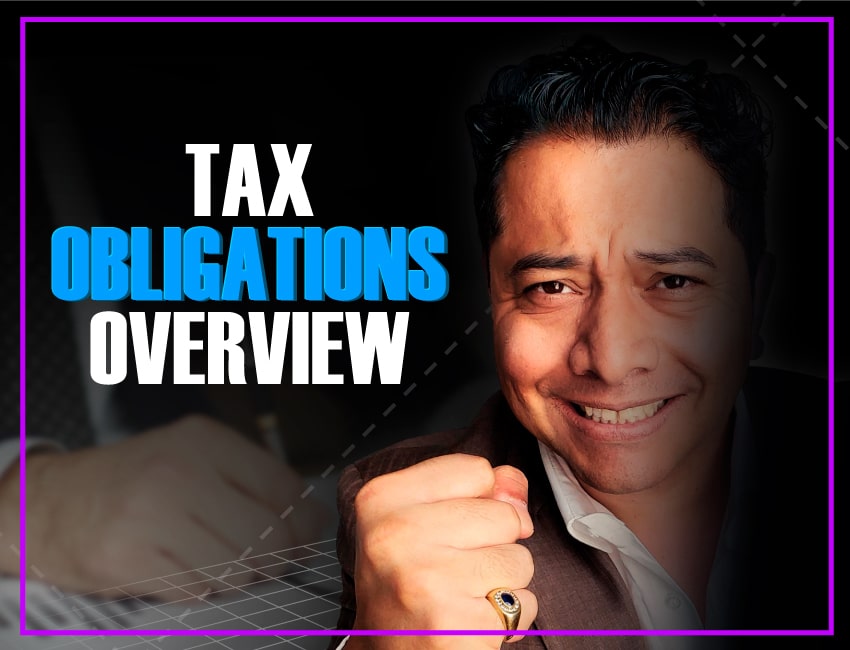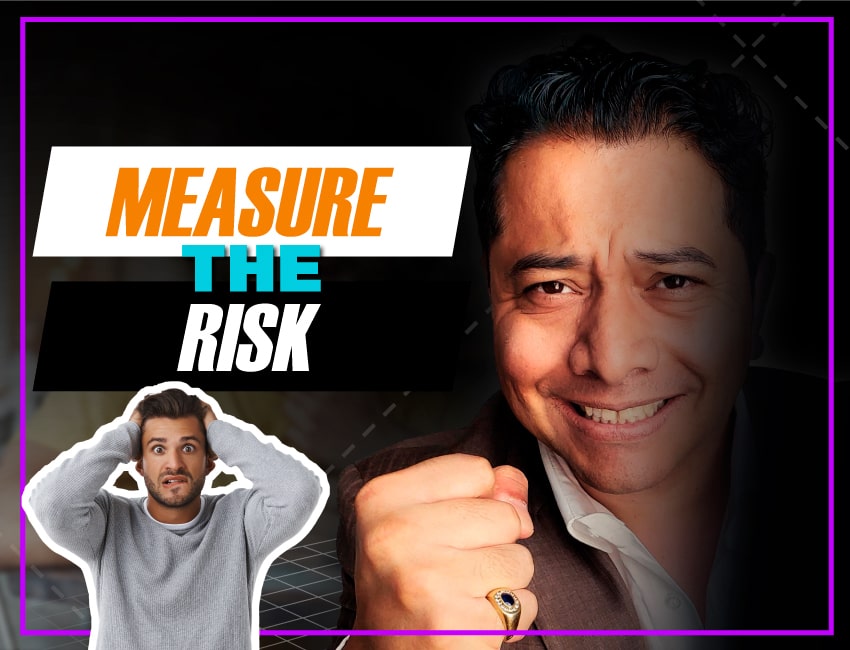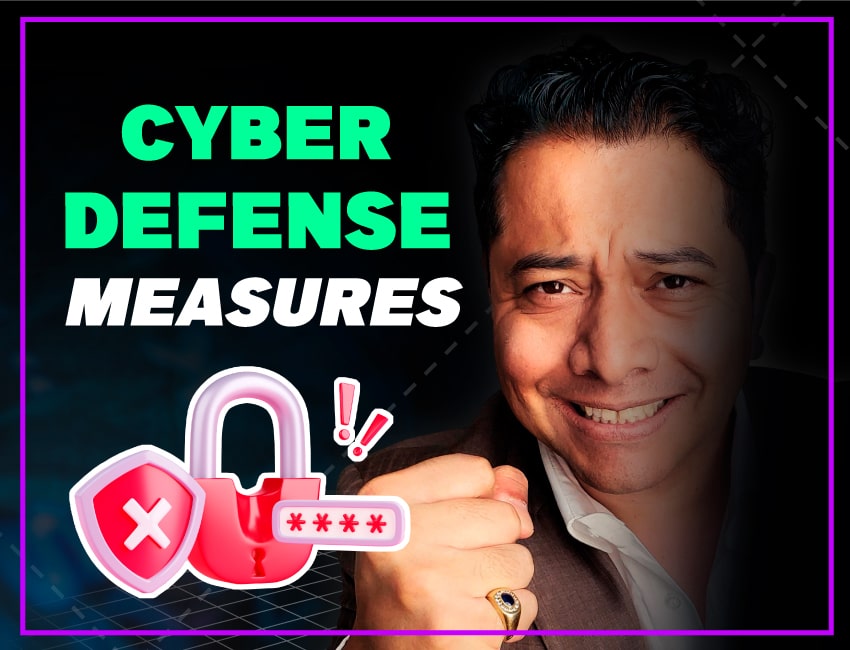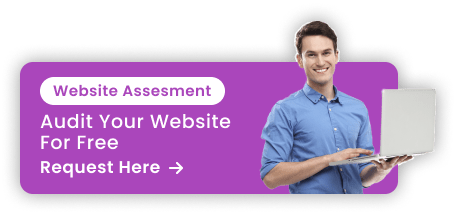Obtain the Necessary Resources

For your business to succeed, it’s important to have the necessary resources, including assets and equipment. Determine which resources you require, how you will finance them, and whether government surplus is a viable option.
Identify Your Resource Needs
Business resources fall into three broad categories: tangible, intangible, and intellectual property. Depending on the type of resource, you’ll need to decide whether to purchase or lease it. The first step is to determine which resources will contribute to your company’s success.
- Tangible Resources
Resources such as buildings, vehicles, and equipment are used in regular business activities and decrease in value over time. Consumables like printer paper are typically not included as resources. Tangible resources on your balance sheet are classified as property or equipment.
- Intangible Resources:
These are resources that can’t be touched, such as your company’s reputation, brand, or network of business connections. They aren’t included on your balance sheet and can be challenging or impossible to sell for cash, but they can still enhance the overall value of your company.
- Intellectual Property
A type of intangible resource that includes trademarks, patents, logos, websites, domain names, and software. Copyright or trademark law typically protects intellectual property.
Choose Between Leasing and Purchasing
After you’ve identified all the resources you require for your business, you can decide how to obtain them. Consider leasing or purchasing options depending on your company’s financial situation and long-term goals.
Leasing or Renting with Purchase Option
Leasing is a viable solution when you need equipment quickly or require expensive equipment for your business operations. Similarly, you can rent commercial space to establish your company. In certain cases, renting may cost less than buying through a high-interest loan.
Benefits of renting with an option to buy:
- Requires less cash or initial credit
- Short-term rental allows equipment testing
- Maintenance may be included at no additional cost
- Rental payments for business assets are typically tax deductible
Drawbacks of renting:
- Long-term cost is typically higher than buying
- Replacing the asset at the end of the lease can be expensive
- Depreciation on leased assets is generally not tax deductible
Each rental can be structured differently, so it’s important to review the details of the offer to ensure it meets your requirements.
Confirming Rental Details
There are two common types of leases: operating and capital. Because the accounting treatment varies, the type you choose can have a significant impact on your company’s taxes.

Other factors to consider include the purchase options that sometimes accompany leases, allowing you to purchase the asset entirely at the conclusion of the agreement. The rental duration can vary, and shorter rentals often result in higher monthly payments. If you choose to terminate the rental agreement early, you may be subject to significant penalties.
Before signing the rental agreement, it may be advisable to have an attorney review it with you, especially if the terms or conditions are unclear.
Buying Equipment
Purchasing equipment can be an excellent option if you have sufficient cash or credit and are confident that you will use the asset for an extended period.
Advantages of buying:
- You can declare depreciation on your tax return
- The final cost of buying is often less than renting with the option to buy
- Can be accounted for as an asset on the balance sheet
Disadvantages of buying:
- Requires more cash or initial credit
- Limited opportunity to “test” the asset
- Full responsibility for maintenance and replacement
Buying with Cash or Credit
If you purchase assets with cash, they immediately become your property, but you may have less cash to cover your operating expenses. Be sure to do your bookkeeping homework and ensure that you can afford to pay cash.
Loans can provide some of the advantages of rent-to-own by spreading the total cost over a longer period. However, you’ll pay more in installments and interest than if you purchased outright with cash.
You may be eligible for your bank’s lines of credit or find other sources of financing for your company.
Take advantage of government surplus sales
Acquiring surplus government assets can be an affordable and convenient way to obtain the tangible assets your business needs. The government sells these assets at or below market prices.
Whenever a state or federal agency has excess equipment, confiscated property, or seized property, it either transfers the assets to another government agency or sells them to the public. These assets are sold “as is” through online or in-person auctions or negotiated sales. While state governments tend to have only one online auction site, the federal government has several.
Here are a few federal government auction sites that you can use to start your search:
- State Surplus Property Programs on USA.gov.
- Military Surplus Sales.
- Seized Asset Sales by the US Marshals Service.
- Vehicles for Sale by the US Treasury Department.
- Property Sales by the US Internal Revenue Service.

















